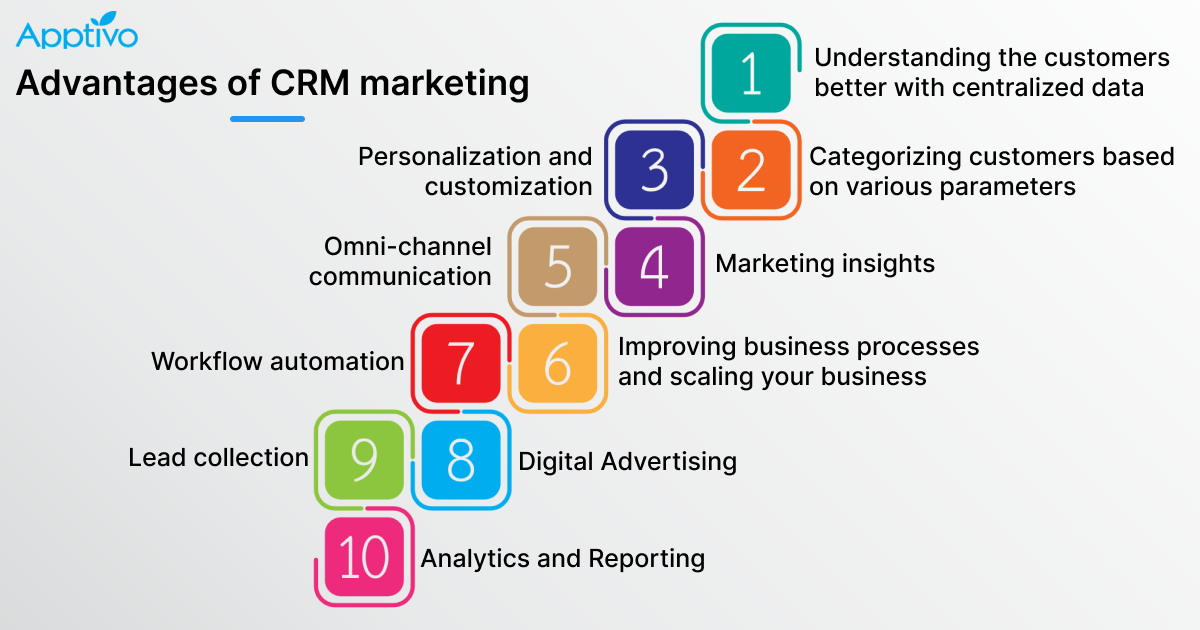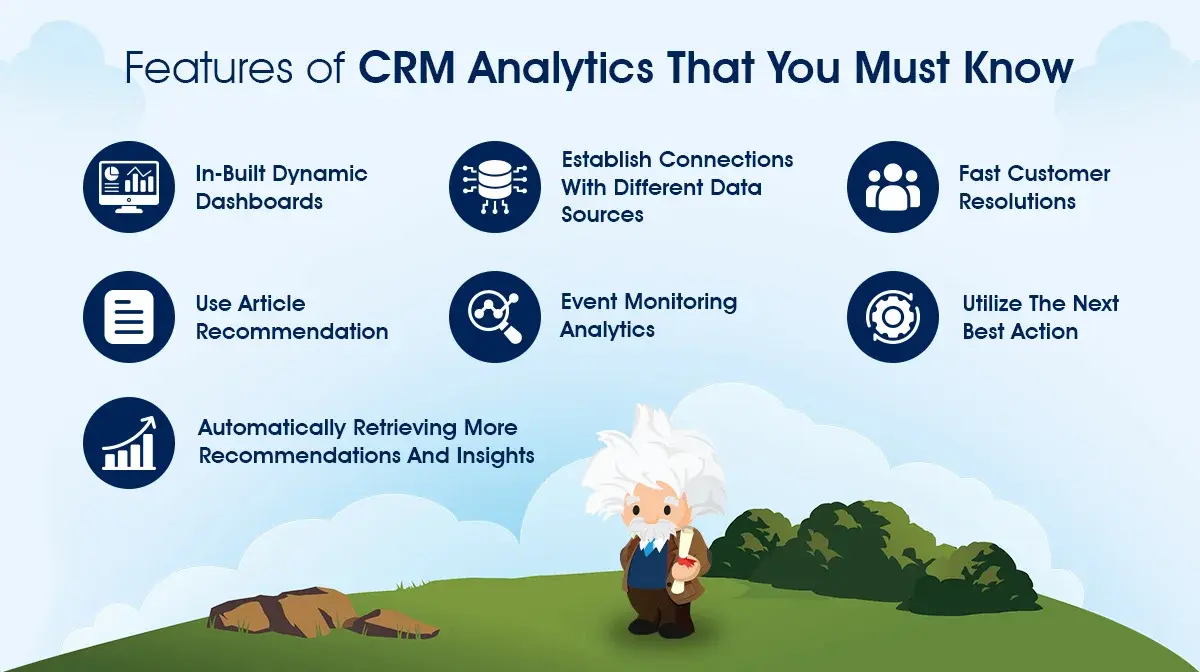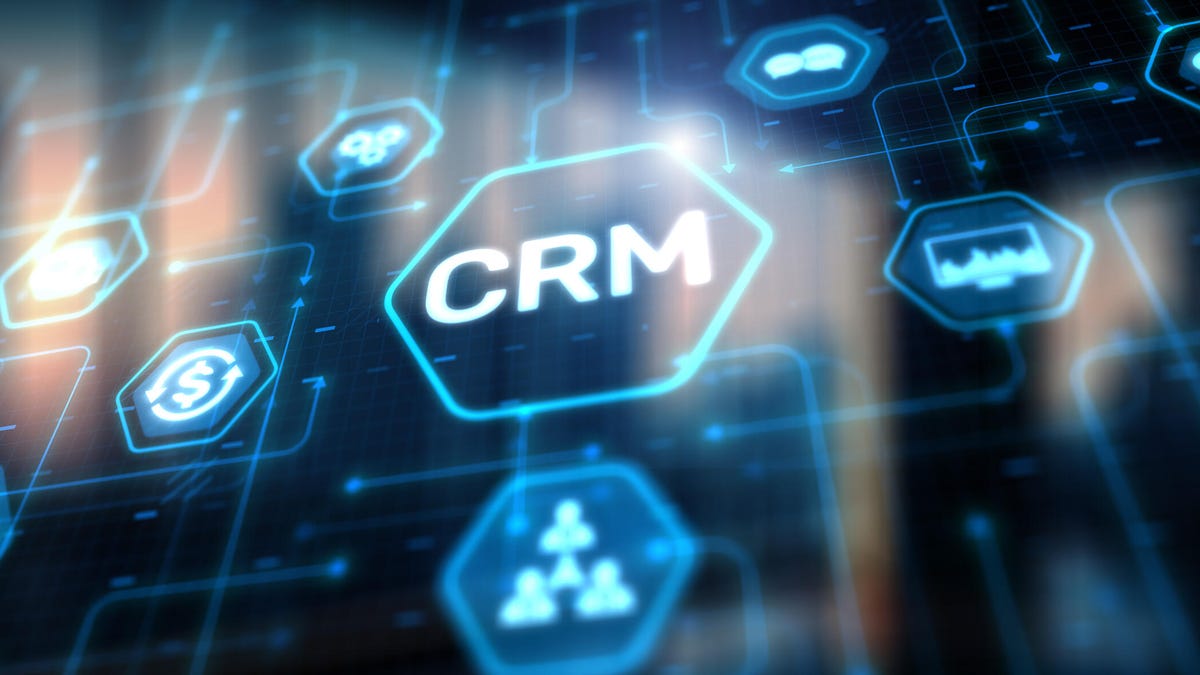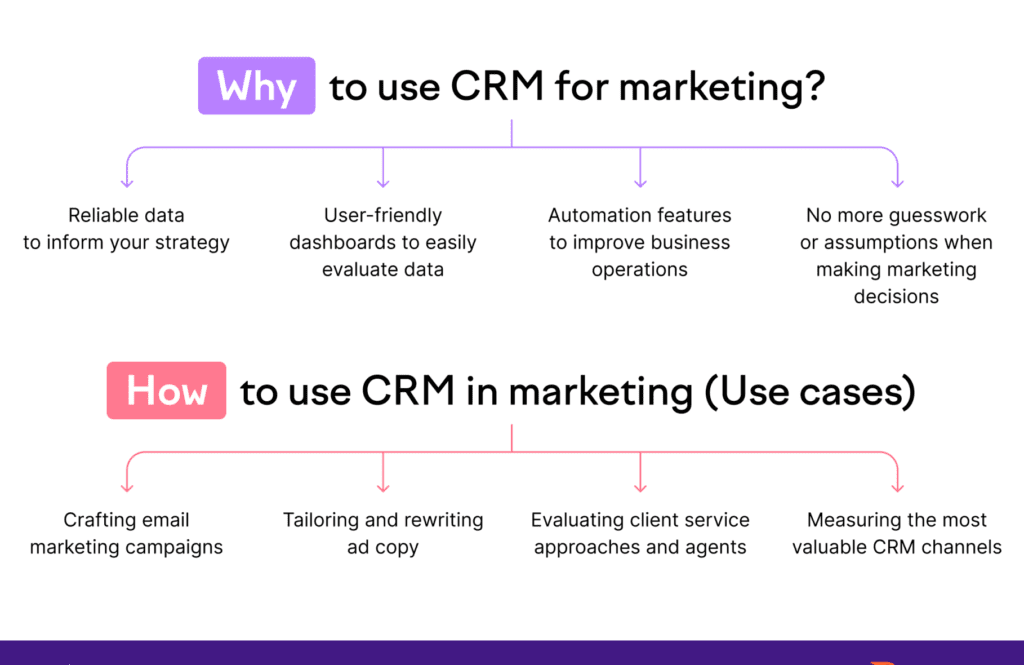Boost Your Business: The Ultimate Guide to CRM, SMS Marketing Campaigns, and Skyrocketing Customer Engagement
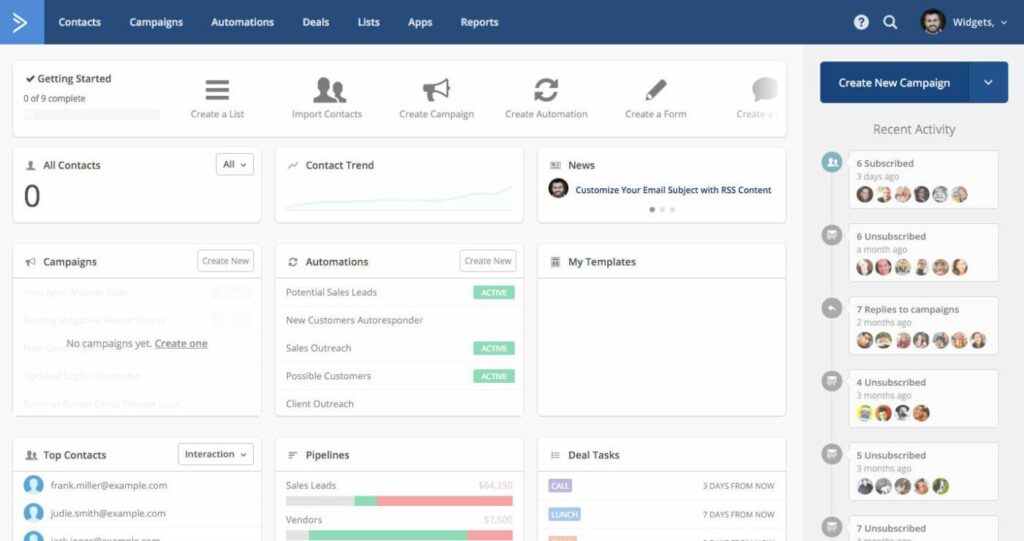
Introduction: The Power of the CRM and SMS Marketing Synergy
In today’s fast-paced digital landscape, businesses are constantly seeking innovative ways to connect with their target audience, nurture leads, and ultimately, drive sales. One of the most potent combinations for achieving these goals is the strategic integration of Customer Relationship Management (CRM) systems and SMS marketing campaigns. This dynamic duo empowers businesses to deliver personalized, timely, and relevant messages that resonate with customers on a deeper level, fostering loyalty and boosting engagement. This comprehensive guide delves into the intricacies of CRM and SMS marketing campaigns, providing you with the knowledge and tools to leverage their combined power for unprecedented business growth.
Understanding the Core Components: CRM and SMS Marketing
What is CRM?
At its core, a CRM system is a software solution designed to manage and analyze customer interactions and data throughout the customer lifecycle. It serves as a centralized hub for all customer-related information, including contact details, purchase history, communication logs, and more. By organizing and making this data readily accessible, CRM systems enable businesses to:
- Gain a 360-degree view of each customer.
- Personalize marketing efforts.
- Improve customer service.
- Identify and capitalize on sales opportunities.
- Streamline business processes.
Popular CRM platforms include Salesforce, HubSpot, Zoho CRM, and Microsoft Dynamics 365, each offering a range of features and capabilities to suit different business needs.
What is SMS Marketing?
SMS (Short Message Service) marketing involves sending promotional messages, updates, and other relevant information to customers via text message. With its high open rates and immediate delivery, SMS marketing offers a direct and effective way to communicate with your audience. Key benefits of SMS marketing include:
- Instantaneous delivery and high open rates (often exceeding 90%).
- Direct communication with customers on their preferred device.
- Cost-effectiveness compared to other marketing channels.
- Ability to deliver time-sensitive information.
- Opportunity to drive immediate action through calls-to-action (CTAs).
Effective SMS marketing campaigns can encompass a wide range of applications, such as sending appointment reminders, delivering exclusive offers, announcing new product launches, and providing customer support.
The Synergistic Relationship: CRM and SMS Marketing Working Together
The true power of CRM and SMS marketing lies in their ability to work synergistically. By integrating these two systems, businesses can create highly targeted and personalized SMS campaigns based on the rich customer data stored within their CRM. Here’s how they complement each other:
- Data-Driven Personalization: CRM data allows you to segment your audience based on demographics, purchase history, behavior, and preferences. This segmentation enables you to send highly personalized SMS messages that resonate with each customer, increasing engagement and conversion rates.
- Targeted Campaigns: Instead of sending generic messages to everyone, you can tailor your SMS campaigns to specific customer segments. For instance, you can send exclusive offers to loyal customers, abandoned cart reminders to those who left items in their online shopping cart, or appointment reminders to those with upcoming bookings.
- Automated Workflows: CRM systems can trigger automated SMS messages based on specific customer actions or milestones. For example, you can send a welcome message to new subscribers, a thank-you message after a purchase, or a follow-up message to customers who have expressed interest in a particular product or service.
- Improved Customer Service: SMS provides a convenient channel for customers to communicate with your business. You can use SMS to provide order updates, answer frequently asked questions, and offer quick customer support, enhancing the overall customer experience.
- Enhanced Lead Nurturing: SMS can play a crucial role in nurturing leads throughout the sales funnel. You can send valuable content, promotional offers, and reminders to keep leads engaged and guide them towards conversion.
Implementing a Successful CRM and SMS Marketing Strategy
Successfully integrating CRM and SMS marketing requires careful planning and execution. Here are the key steps to follow:
1. Choose the Right CRM and SMS Marketing Platforms
The first step is to select CRM and SMS marketing platforms that meet your specific business needs. Consider factors such as:
- Features: Ensure the platforms offer the features you require, such as segmentation, automation, reporting, and integration capabilities.
- Scalability: Choose platforms that can scale with your business growth.
- Integration: Verify that the platforms integrate seamlessly with each other and with other tools you use.
- Pricing: Compare pricing plans and choose the option that fits your budget.
- User-friendliness: Opt for platforms that are easy to use and navigate.
- Customer Support: Assess the quality of customer support offered by each platform.
Popular CRM platforms include Salesforce, HubSpot, Zoho CRM, and Microsoft Dynamics 365. Leading SMS marketing platforms include Twilio, MessageBird, and SimpleTexting.
2. Integrate Your CRM and SMS Marketing Platforms
Once you’ve selected your platforms, the next step is to integrate them. This typically involves connecting your CRM to your SMS marketing platform through an API (Application Programming Interface). Integration allows data to flow seamlessly between the two systems, enabling you to:
- Import customer data from your CRM to your SMS marketing platform.
- Segment your audience based on CRM data.
- Automate SMS messages based on customer actions in your CRM.
- Track SMS campaign performance in your CRM.
Most CRM and SMS marketing platforms offer pre-built integrations or provide documentation and support for custom integrations.
3. Segment Your Audience
Data segmentation is critical for effective SMS marketing. Use your CRM data to divide your audience into relevant segments based on factors such as:
- Demographics: Age, location, gender, etc.
- Purchase History: Products purchased, purchase frequency, average order value, etc.
- Behavior: Website activity, email engagement, app usage, etc.
- Interests: Preferences, hobbies, and interests based on CRM data.
- Customer Lifecycle Stage: New customer, loyal customer, at-risk customer, etc.
The more granular your segmentation, the more personalized and relevant your SMS campaigns can be.
4. Create Compelling SMS Marketing Campaigns
Crafting effective SMS marketing campaigns is essential for capturing your audience’s attention and driving results. Consider these best practices:
- Provide Value: Offer exclusive discounts, early access to sales, helpful tips, or valuable information.
- Keep it Concise: SMS messages are limited in length, so keep your messages brief and to the point.
- Use a Clear Call-to-Action (CTA): Tell your customers what you want them to do, such as “Shop now,” “Visit our website,” or “Reply YES to redeem.”
- Personalize Your Messages: Use the customer’s name and other relevant information to make your messages feel more personal.
- Schedule Your Messages Strategically: Send messages at times when your audience is most likely to be receptive.
- Test and Optimize: A/B test different message variations to see what resonates best with your audience.
- Comply with Regulations: Adhere to all relevant SMS marketing regulations, such as the Telephone Consumer Protection Act (TCPA) in the United States.
5. Automate Your SMS Campaigns
Automation is a key component of effective CRM and SMS marketing integration. Use your CRM to trigger automated SMS messages based on customer actions or milestones. Examples of automated SMS campaigns include:
- Welcome Messages: Send a welcome message to new subscribers or customers.
- Appointment Reminders: Send reminders for upcoming appointments or meetings.
- Order Updates: Provide order confirmation, shipping updates, and delivery notifications.
- Abandoned Cart Reminders: Remind customers who have left items in their online shopping carts.
- Customer Service Notifications: Provide updates on support tickets or resolve customer inquiries.
- Birthday Greetings: Send a personalized birthday message with a special offer.
Automation saves time and ensures that your customers receive timely and relevant messages.
6. Track and Analyze Your Results
Regularly track and analyze the performance of your SMS marketing campaigns to identify what’s working and what’s not. Key metrics to monitor include:
- Open Rate: The percentage of messages that are opened.
- Click-Through Rate (CTR): The percentage of recipients who click on a link in your message.
- Conversion Rate: The percentage of recipients who complete a desired action, such as making a purchase.
- Revenue: The amount of revenue generated by your SMS campaigns.
- Unsubscribe Rate: The percentage of recipients who opt out of your SMS messages.
Use these metrics to refine your campaigns, optimize your targeting, and improve your overall results. Most CRM and SMS marketing platforms provide built-in reporting and analytics tools.
7. Ensure Compliance and Respect Privacy
Respecting customer privacy and adhering to all relevant regulations is paramount. Always obtain explicit consent before sending SMS messages. Provide clear opt-out instructions and honor opt-out requests promptly. Be transparent about how you collect and use customer data. Failure to comply with regulations can lead to legal penalties and damage your brand reputation.
Examples of Effective CRM and SMS Marketing Campaigns
Here are some examples of how businesses can leverage CRM and SMS marketing to achieve specific goals:
E-commerce
- Abandoned Cart Recovery: Send an automated SMS message to customers who have left items in their shopping carts, reminding them of their purchase and offering a discount to encourage them to complete the order.
- Order Updates: Provide real-time shipping updates and delivery notifications via SMS, keeping customers informed and reducing customer service inquiries.
- Loyalty Program Notifications: Send exclusive offers and promotions to loyal customers via SMS, rewarding their continued patronage.
Healthcare
- Appointment Reminders: Send automated SMS reminders for upcoming appointments, reducing no-show rates and improving efficiency.
- Medication Reminders: Send SMS reminders to patients to take their medication, improving adherence and patient outcomes.
- Test Results: Provide patients with secure access to their test results via SMS, improving communication and patient satisfaction.
Real Estate
- Property Alerts: Send SMS alerts to potential buyers with information about new listings that match their criteria, generating leads and increasing sales.
- Open House Notifications: Send SMS invitations to open houses, driving traffic and engagement.
- Follow-up Communication: Send personalized follow-up messages to leads after showings or inquiries, nurturing relationships and guiding them through the sales process.
Restaurants
- Reservation Confirmations and Reminders: Send SMS confirmations and reminders for restaurant reservations, reducing no-show rates.
- Promotional Offers: Send exclusive offers and promotions to subscribers via SMS, driving foot traffic and increasing sales.
- Loyalty Program Updates: Send updates on loyalty program points and rewards via SMS, encouraging repeat business.
Best Practices for Maximizing CRM and SMS Marketing Success
To maximize the effectiveness of your CRM and SMS marketing efforts, keep these best practices in mind:
- Personalize, Personalize, Personalize: Use CRM data to tailor your messages to each customer’s individual preferences and needs.
- Keep it Concise and Clear: SMS messages are limited in length, so make sure your messages are clear, concise, and easy to understand.
- Provide Value: Offer valuable content, exclusive deals, or helpful information to engage your audience.
- Respect Customer Preferences: Always obtain consent before sending SMS messages and provide clear opt-out instructions.
- Test and Iterate: Continuously test different message variations, offers, and CTAs to optimize your campaigns.
- Monitor and Analyze Results: Track your key metrics and use the data to refine your campaigns and improve your performance.
- Integrate Across Channels: Integrate your SMS marketing with other marketing channels, such as email, social media, and website, to create a seamless customer experience.
- Stay Up-to-Date: Keep abreast of the latest SMS marketing trends and best practices to stay ahead of the curve.
The Future of CRM and SMS Marketing
The integration of CRM and SMS marketing is not just a trend; it’s a transformative shift in how businesses engage with their customers. As technology continues to evolve, we can expect to see even more sophisticated and personalized SMS marketing campaigns. Some emerging trends include:
- AI-Powered Personalization: Artificial intelligence (AI) will play an increasingly important role in personalizing SMS messages, analyzing customer data, and predicting customer behavior.
- Interactive SMS: Interactive SMS messages will allow customers to engage with businesses in new ways, such as responding to surveys, making appointments, or accessing interactive content.
- Rich Media Messaging: The use of rich media, such as images, videos, and audio, will enhance the SMS marketing experience, making messages more engaging and memorable.
- Integration with Emerging Technologies: SMS marketing will integrate with emerging technologies, such as chatbots and voice assistants, to provide customers with a seamless and personalized experience.
By embracing these trends and continuously refining their CRM and SMS marketing strategies, businesses can stay ahead of the competition and build lasting relationships with their customers.
Conclusion: Embrace the Power of CRM and SMS Marketing
In conclusion, the strategic integration of CRM and SMS marketing is a powerful combination for driving business growth and enhancing customer engagement. By leveraging the rich customer data stored within your CRM, you can create highly targeted and personalized SMS campaigns that resonate with your audience, foster loyalty, and drive sales. By following the best practices outlined in this guide, you can implement a successful CRM and SMS marketing strategy that delivers tangible results. Embrace the power of this dynamic duo and watch your business thrive.

